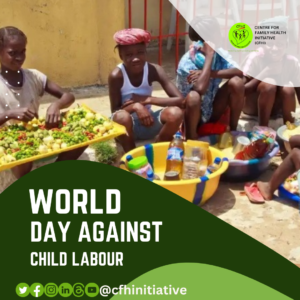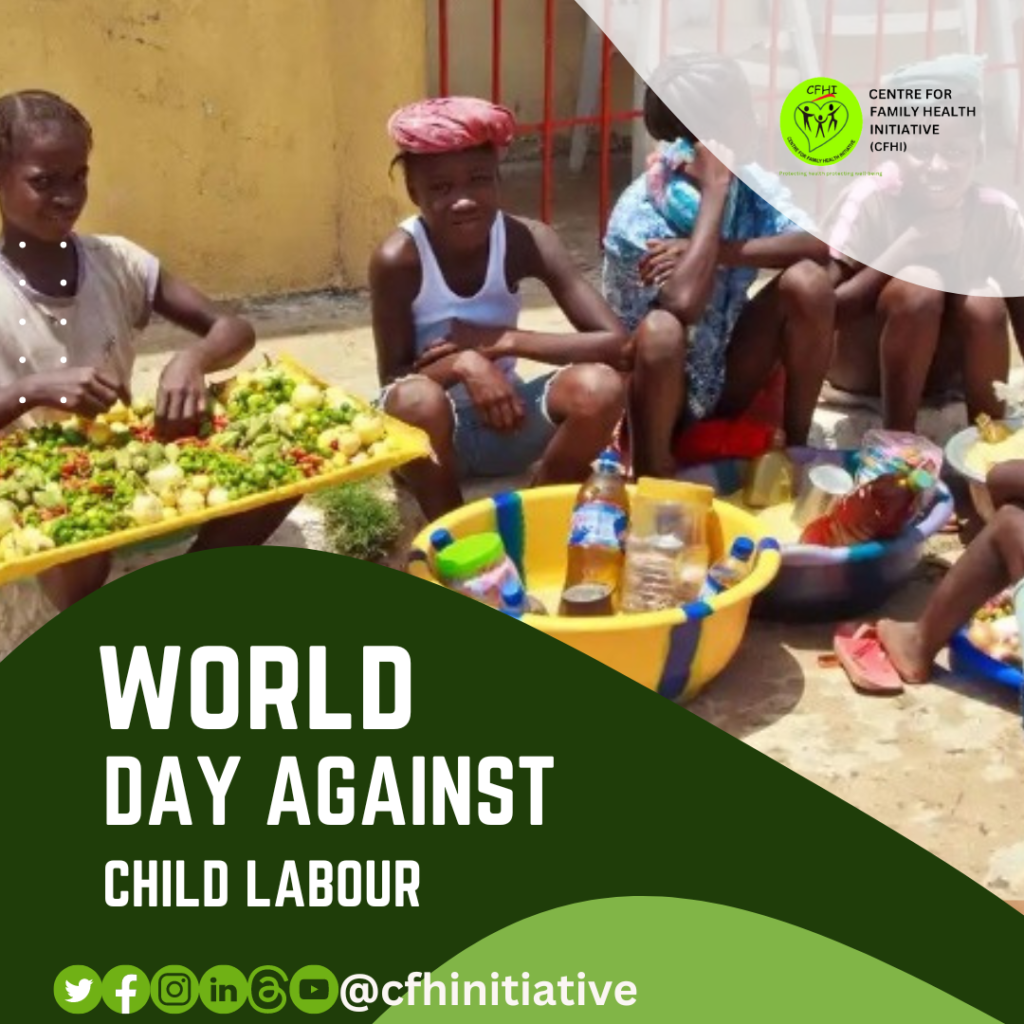Every year, on June 12th, the world comes together to recognize World Day Against Child Labour, a day dedicated to raising awareness about the plight of child labourers globally and encouraging actions to eliminate this scourge. This year, the theme, “Let’s Act on Our Commitments: End Child Labour!” calls upon governments, organizations, and individuals to reaffirm their pledges and take concrete steps toward eradicating child labour.
Child labour is defined by the International Labour Organization (ILO) as work that is mentally, physically, socially, or morally dangerous and harmful to children. It deprives them of the opportunity to attend school and impedes their overall development. As per Business Insider (2018), child labour not only denies children their right to education but also exposes them to severe human rights violations, including sexual assault, human trafficking, and exploitation by drug dealers and armed groups.
An estimated 218 million children worldwide, aged between 5 and 17, are engaged in labour, with 152 million of them working under hazardous conditions. These children toil away in fields, factories, and homes, sacrificing their childhood and their future for survival.
In today’s reality, poverty remains a significant driver of child labour, especially in countries like Nigeria. Children are often forced to toil in harsh conditions to support their families, becoming the primary breadwinners. This harsh reality not only perpetuates the cycle of poverty but also compounds social inequality and discrimination.
While constructive activities like helping with light housework or taking on part-time jobs during school breaks can benefit children, child labour starkly contrasts by severely restricting access to education and impeding a child’s physical, mental, and social growth. For girls, the situation is even more dire, as they bear the “triple burden” of school, work, and household chores, heightening their risk of falling behind and increasing their vulnerability to poverty and exclusion.
On this day, CFHI joins the global community in reminding us that there is no justification for child labour. CFHI actively engages in awareness campaigns, educational programs, and advocacy efforts to highlight the dangers of child labour and champion systemic changes that safeguard vulnerable children from exploitation.
As UNICEF aptly puts it, “There is no reason, there is no excuse. Child labour is child abuse.” By acting on our commitments and working together, we can ensure that every child enjoys a childhood free from labour, filled with education, play, and the promise of a brighter future.


